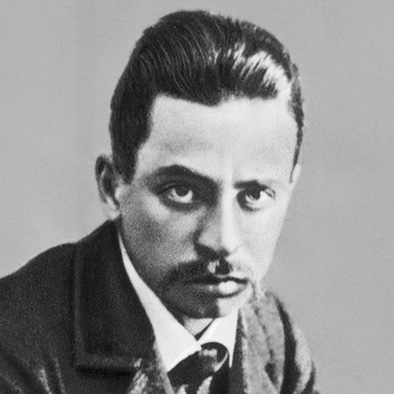Sometimes she walks through the village in her
little red dress
all absorbed in restraining herself,
and yet, despite herself, she seems to move
according to the rhythm of her life to come.
She runs a bit, hesitates, stops,
half-turns around...
and, all while dreaming, shakes her head
for or against.
Then she dances a few steps
that she invents and forgets,
no doubt finding out that life
moves on too fast.
It's not so much that she steps out
of the small body enclosing her,
but that all she carries in herself
frolics and ferments.
It's this dress that she'll remember
later in a sweet surrender;
when her whole life is full of risks,
the little red dress will always seem right.
Published:
None
Length:
Regular
Literary Movements:
Modernism
Anthology Years:
2024
Themes:
Childhood & Coming of Age
Memory & The Past
Literary Devices:
Alliteration
the repetition of the same letter or sound at the beginning of words appearing in succession
Ellipsis
a literary device that is used in narratives to omit some parts of a sentence or event, which gives the reader a chance to fill the gaps while acting or reading it out.
Interrupted Clause
a word group (a statement, question, or exclamation) that interrupts the flow of a sentence and is usually set off by commas, dashes, or parentheses

